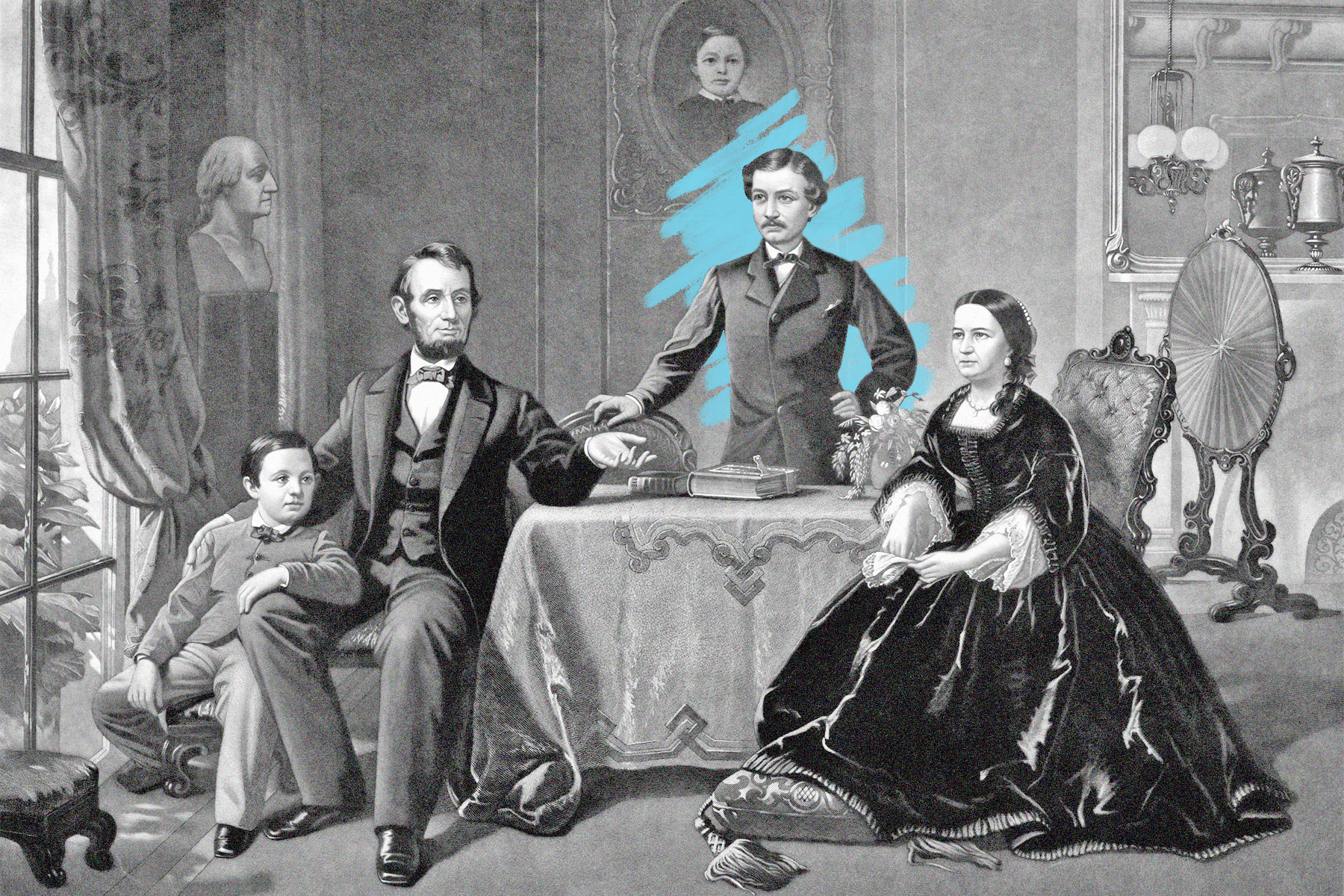Lincoln's son was saved by the last person you'd guess
Sunday, December 17, 2023
John Wilkes Booth will forever be infamous for assassinating the man widely regarded as the greatest President in American history, but not all Lincoln-Booth relations were strained. |
| |
| |
|
 |
|
| J ohn Wilkes Booth will forever be infamous for assassinating the man widely regarded as the greatest President in American history, but not all Lincoln-Booth relations were strained. A year or two before Honest Abe's death, in fact, Edwin Booth — the older brother of John and a prominent actor — saved the life of Lincoln's son Robert Todd Lincoln, who was then in his early 20s. (The precise date is unknown, but the event is believed to have taken place in either 1863 or 1864.) |
|
|
| The younger Lincoln found himself on a crowded train platform in Jersey City, New Jersey, and was accidentally pushed off the platform as a train departed. "In this situation the train began to move, and by the motion I was twisted off my feet, and had dropped somewhat, with feet downward, into the open space, and was personally helpless," Robert Todd Lincoln later wrote of the event that put him in the path of the oncoming train. It was then that Booth grabbed him by the coat collar, saving him. Booth was well known enough as an actor for Lincoln to recognize his rescuer and even thank him by name. In April 1865, the day after his brother assassinated Lincoln, Edwin vowed never to return to the stage — a short-lived promise, as he gave an acclaimed performance in the title role of Hamlet the following year. |
|
 |  |
|
| Thank you for supporting our advertisers! |
|
| |
|
 |
|
By the Numbers |
|
| Year the Booth Theatre, named after Edwin, opened in New York | | | 1913 |
| | | Age at which Edwin Booth made his stage debut | | | 15 |
| | | Age at which Edwin Booth made his stage debut | | | 15 |
|
|
|
| Days it took Union soldiers to find John Wilkes Booth after the assassination | | | 12 |
| | | Years that Robert Todd Lincoln served as secretary of war | | | 4 |
| | | Years that Robert Todd Lincoln served as secretary of war | | | 4 |
|
|
|
 |
|
 | | Did you know? |
|
|
John Wilkes Booth originally planned to kidnap Lincoln. |
|
| "All plots tend to move deathward," wrote Don DeLillo in the 1985 novel White Noise, and so it was with Booth and Lincoln. Booth, a disgruntled actor and fierce Confederate sympathizer, originally had a less violent plan — to kidnap the President, hold him in Richmond, Virginia (the capital of the Confederacy), and exchange him for a number of Confederate prisoners. He came close to carrying out this plan on March 17, 1865, before Lincoln's schedule changed at the last minute and he did not attend the play where the kidnapping was to take place. "My love (as things stand to-day) is for the South alone," Booth wrote to his brother-in-law in 1864. "Nor do I deem it a dishonor in attempting to make for her a prisoner of this man to whom she owes so much misery." The plot was forever scuttled when the Confederacy surrendered less than a month later on April 9. Just five days later, Booth executed the more extreme version of his plan. |
|
| Thank you for supporting our advertisers! |
|
| |


posted by June Lesley at 6:00 AM










![]()
![]()






0 Comments:
Post a Comment
<< Home